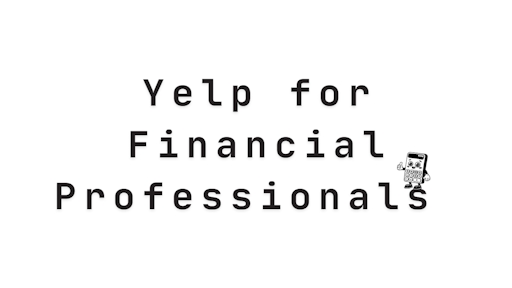Choosing the right bookkeeping software can save you time, reduce stress, and keep your business running smoothly.
But with dozens of tools out there, which one is best foryoursmall business?
We break it down by stage, business type, and budget—so you can find a solution that fits, whether you're bootstrapped or scaling fast.
Looking for abookkeeper for small businesses? ExploreSam's Listto find a directory of accountants, bookkeepers, fractional CFOs, and financial advisors.
Best Overall:QuickBooks Online
QuickBooks is still the gold standard for a reason.
Best for: Most small businesses, especially service-based
Pros:
Industry standard (easy for accountants to work with)
Robust reporting
Syncs with banks, Stripe, Gusto, and more
Cons:
Steeper learning curve
Can get expensive with add-ons
Most vendors onSam’s Listwork directly inside QuickBooks for their clients. It’s the most versatile tool if you're planning to grow.
Best for Ecommerce:A2X + QuickBooks or Xero
If you sell on Amazon, Shopify, Etsy, or Walmart, A2X automates your bookkeeping.
Best for: Ecommerce businesses
Pros:
Syncs with platforms and separates sales, fees, refunds
Accurate COGS tracking
Pairs well with QBO or Xero
Cons:
Not a full bookkeeping system by itself
👉Browse eCommerce-friendly bookkeepers on Sam’s List🔗Visit A2X
Best for Real Estate Investors:REI Hub
Real estate bookkeeping gets complicated fast. REI Hub is built for rental property owners.
Best for: Landlords and investors
Pros:
Property-specific tracking
Easy Schedule E reporting
Syncs with banks and mortgage statements
Cons:
Limited general-purpose features
👉View accountants who specialize in real estate🔗Visit REI Hub
Best All-in-One Service:Bench
Bench isn’t just software—it’s a full bookkeeping service with its own platform.
Best for: Solo founders who want hands-off books
Pros:
Monthly reports included
Dedicated bookkeeper
Easy user interface
Cons:
Can get expensive
Limited customization
Best Budget Option:Wave
Wave is 100% free and surprisingly capable.
Best for: Early-stage businesses with simple needs
Pros:
Free invoicing, reporting, and receipt tracking
Clean interface
Cons:
Lacks robust integrations
No native payroll (add-on via partner)
OneSam’s Listuser ran a six-figure business on Wave for nearly two years before switching to a full-service setup.
Feature Comparison Table
| Software | Best For | Cost | Key Features |
|---|---|---|---|
| QuickBooks | Most businesses | $25–$100/mo | Invoicing, reporting, integrations |
| A2X | Ecommerce | $19–$99/mo | COGS, sales fees automation (needs QBO/Xero) |
| REI Hub | Real estate | $15–$30/mo | Property tracking, Schedule E |
| Bench | Done-for-you books | $299+/mo | Bookkeeper + software |
| Wave | Budget option | Free | Invoicing, reports, receipt capture |
FAQs
What is the most popular bookkeeping software for small businesses?
QuickBooks Online is the most widely used and integrates with banks, CRMs, payroll tools, and tax software.
Is free bookkeeping software worth it?
Wave works well for freelancers and very small teams. But as complexity grows, most businesses outgrow it.
Should I choose software or hire a bookkeeper?
If you’re spending 5+ hours/month doing books or making errors, it’s time to outsource.Find a vetted bookkeeper here.
What’s best for ecommerce bookkeeping?
Use A2X paired with QuickBooks or Xero. It handles platform syncs, fees, and inventory tracking.
You Might Also Like
Author: Kimi, Co-founder of Sam’s List
Kimi writes about what she's learning while building Sam’s List and shares honest takeaways from her conversations with accountants and financial advisors across the country. None of this is financial advice—just the stuff most people wish someone told them sooner.







